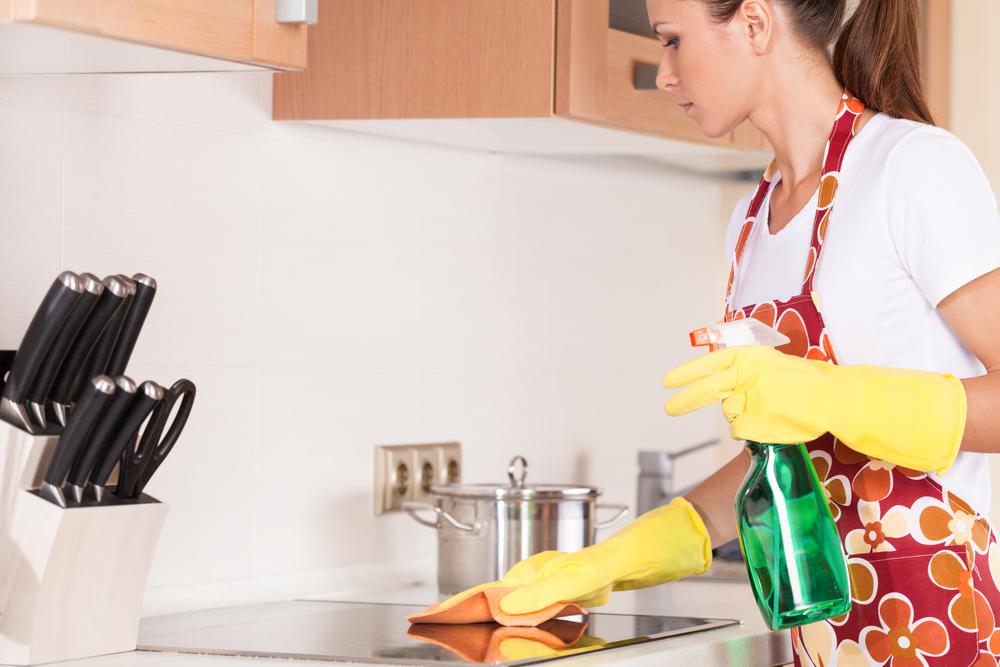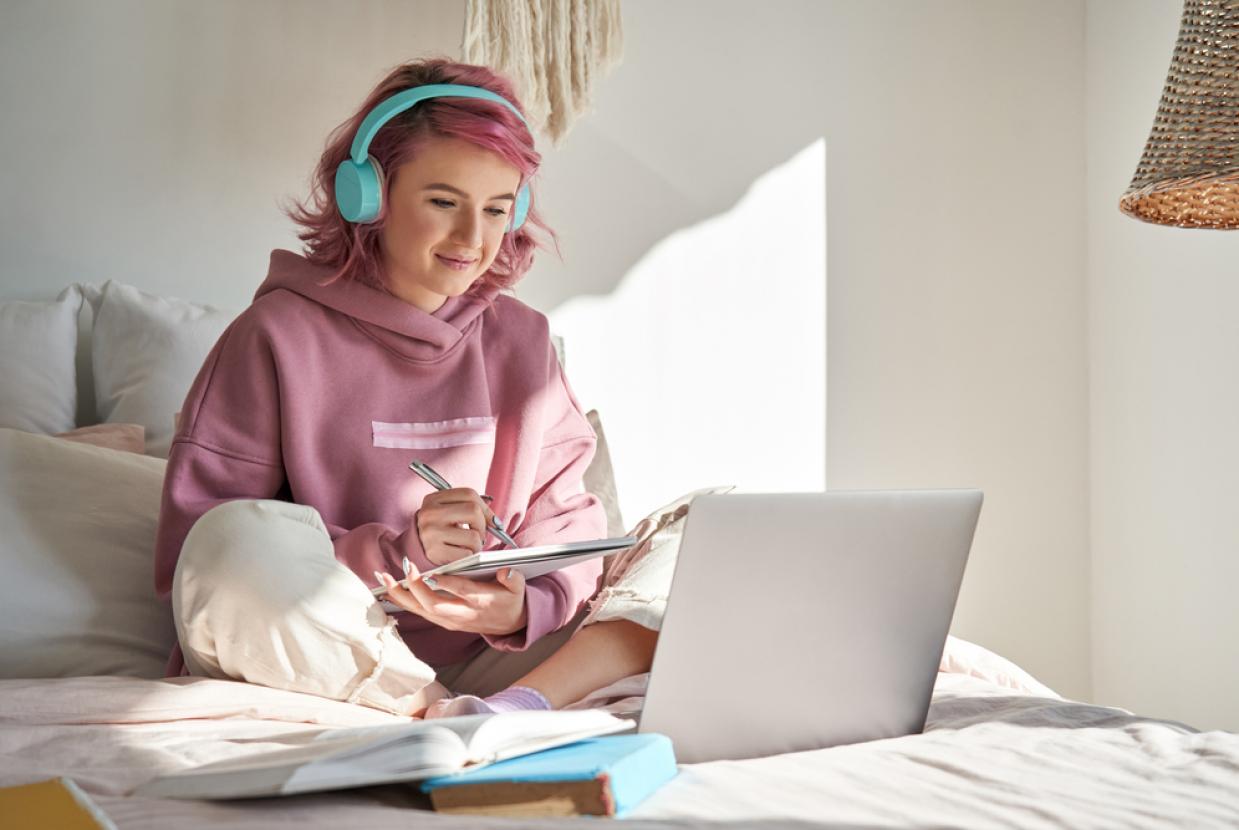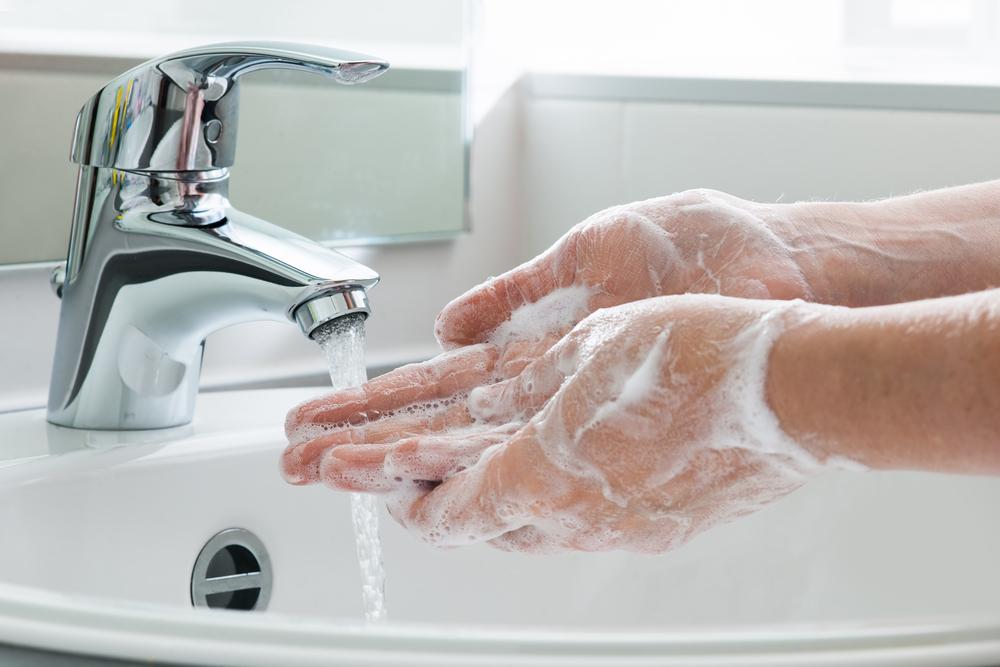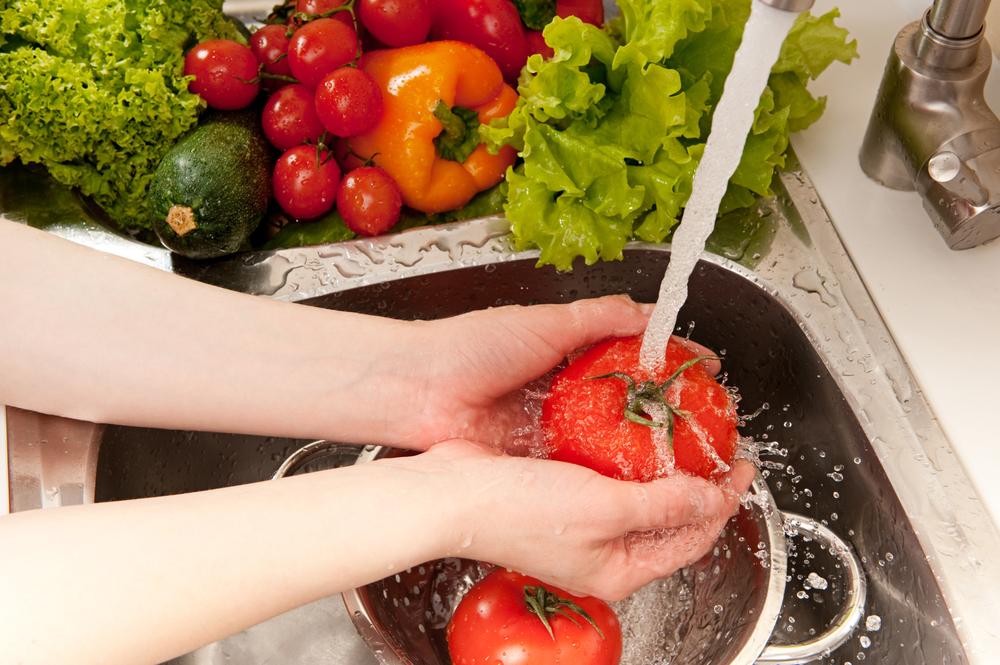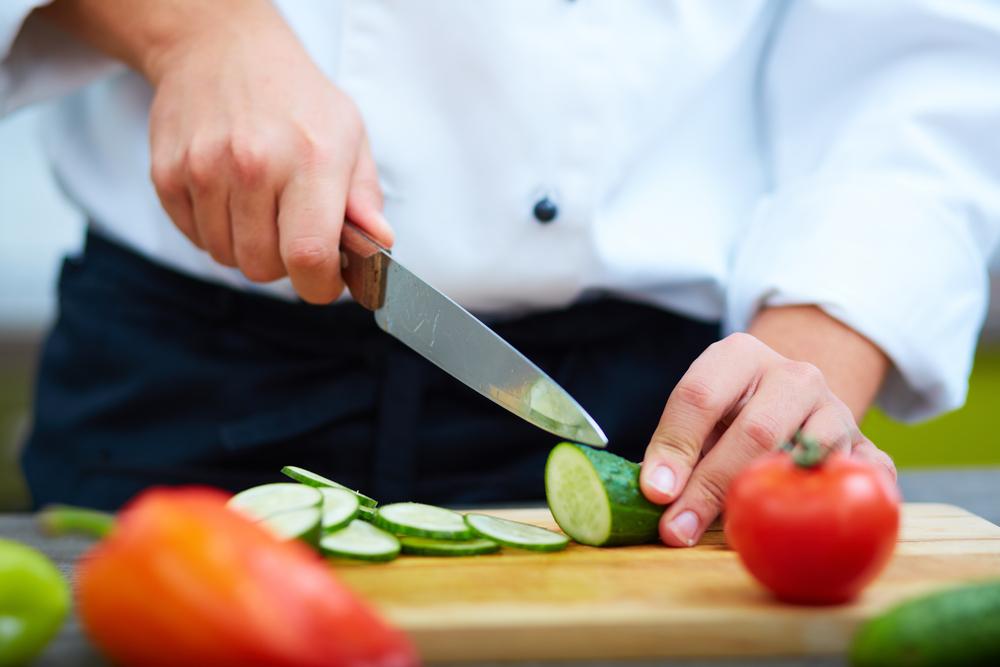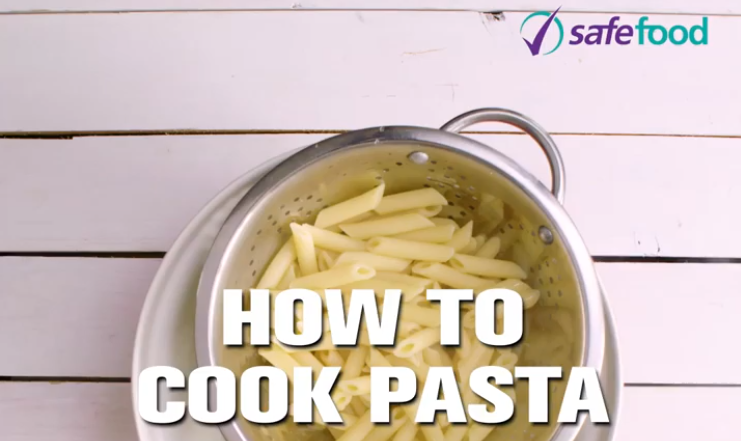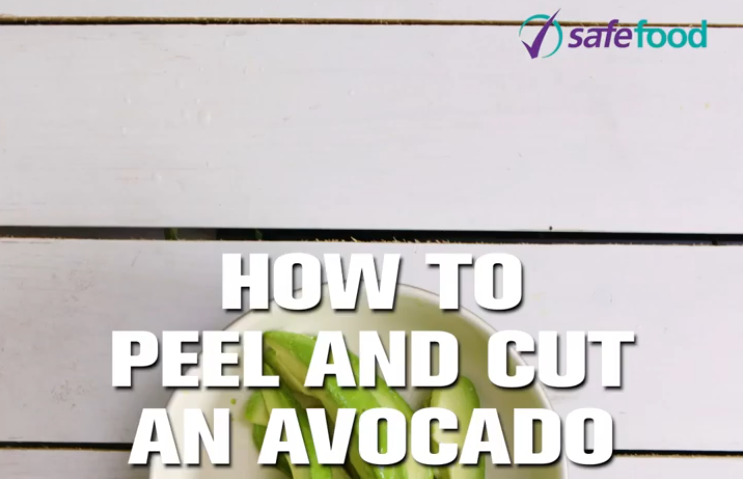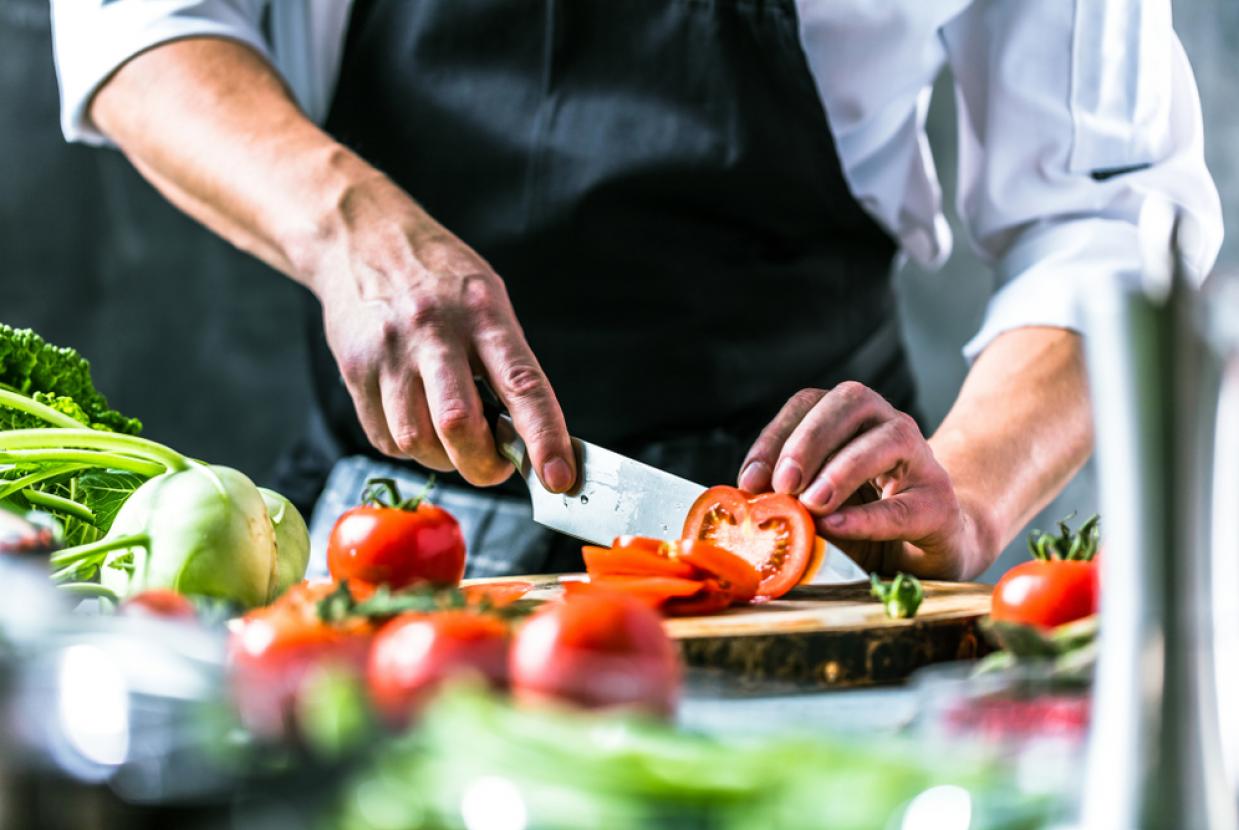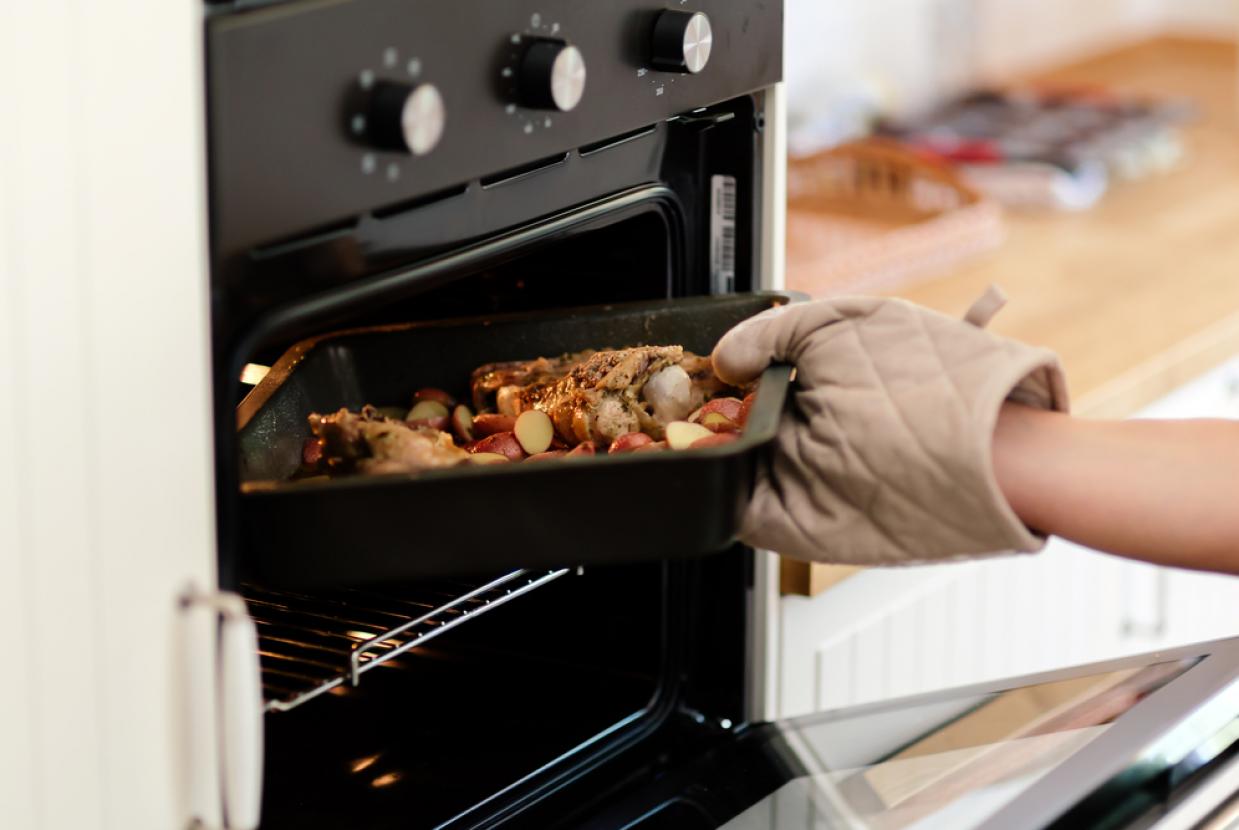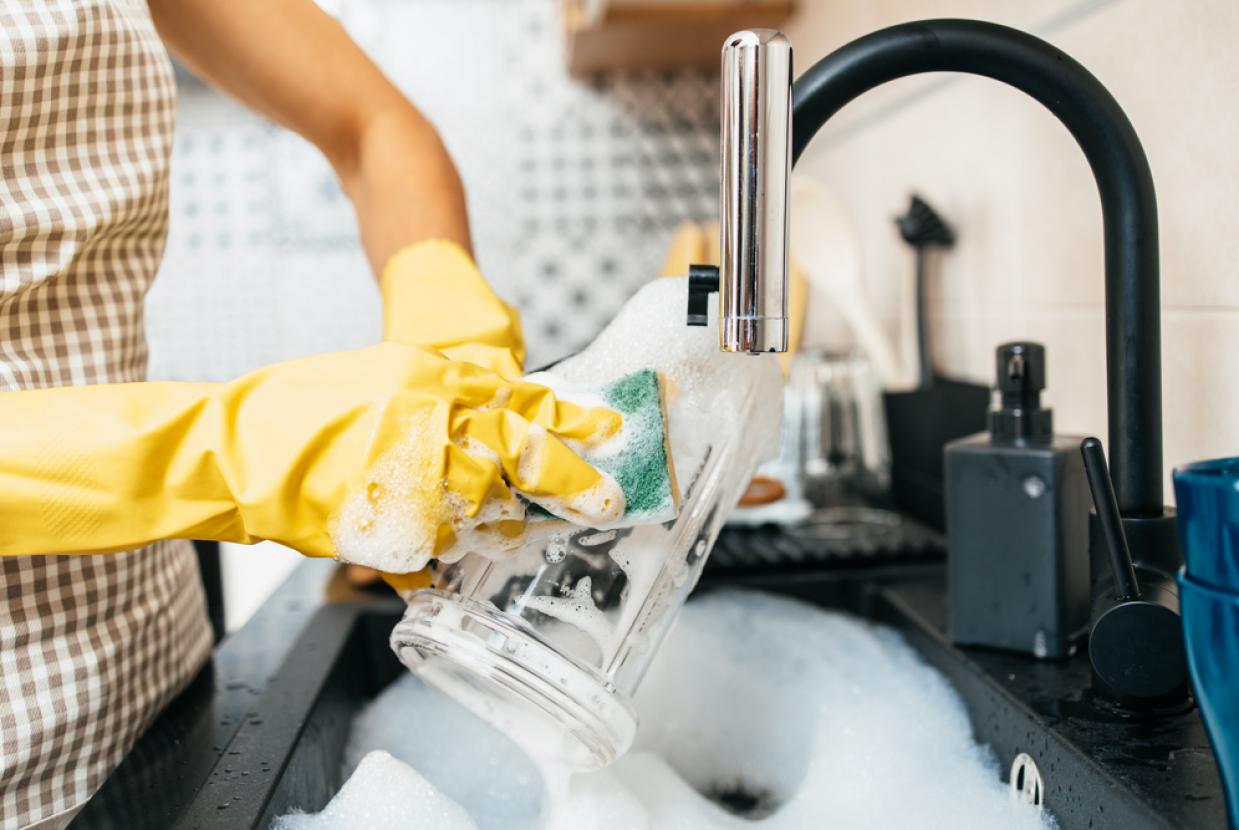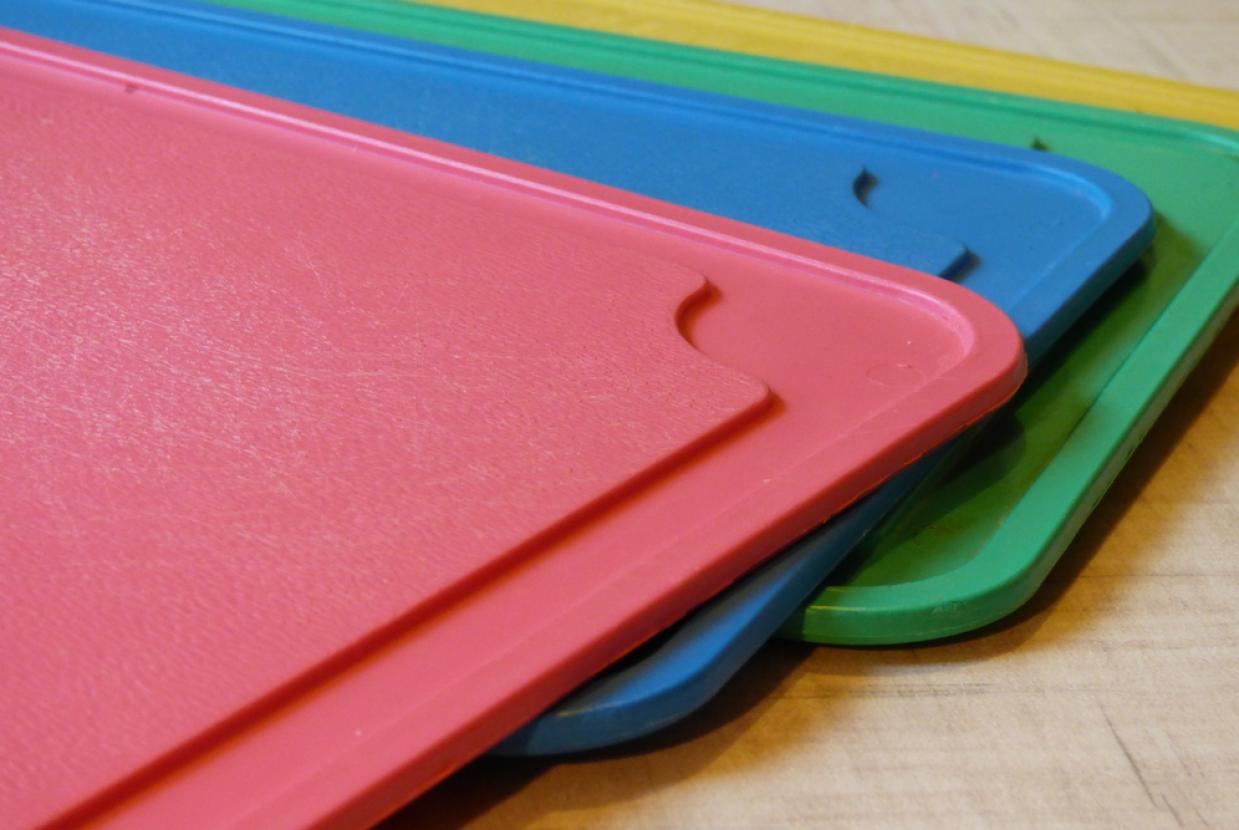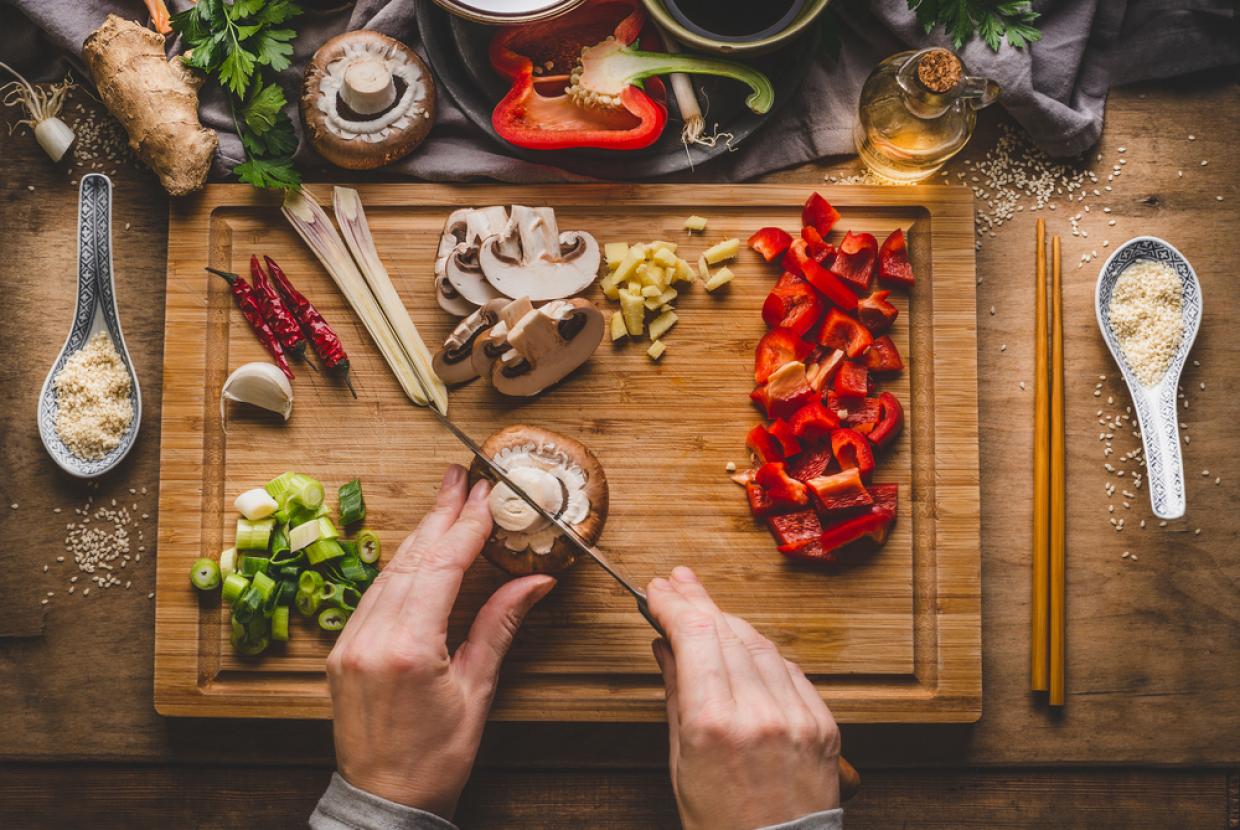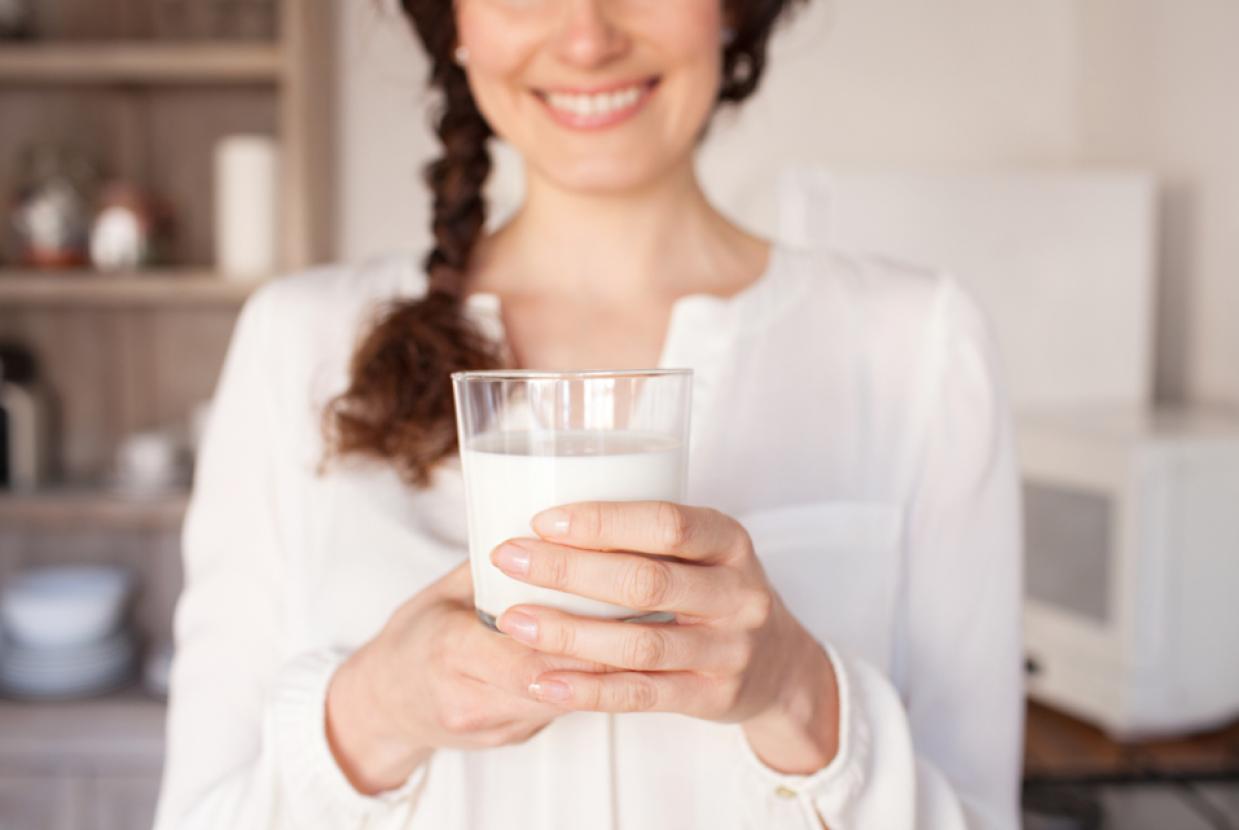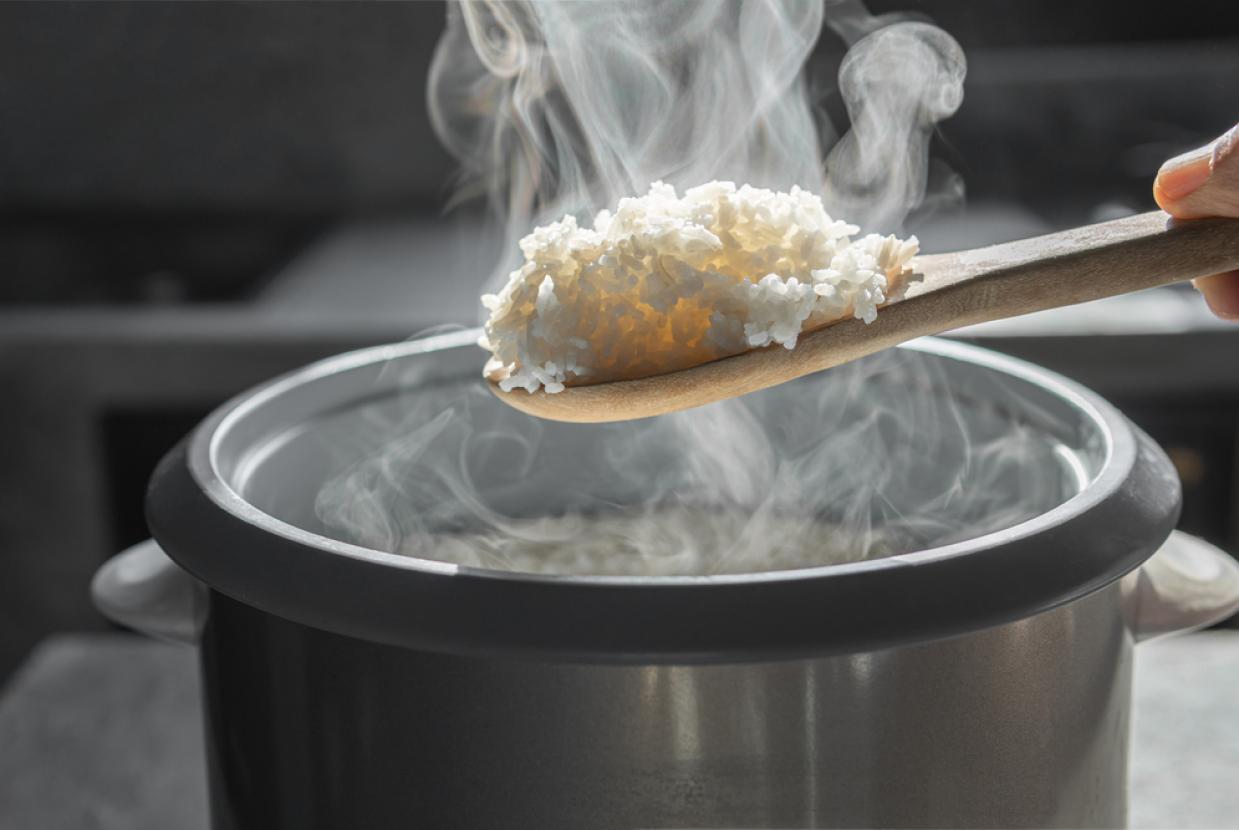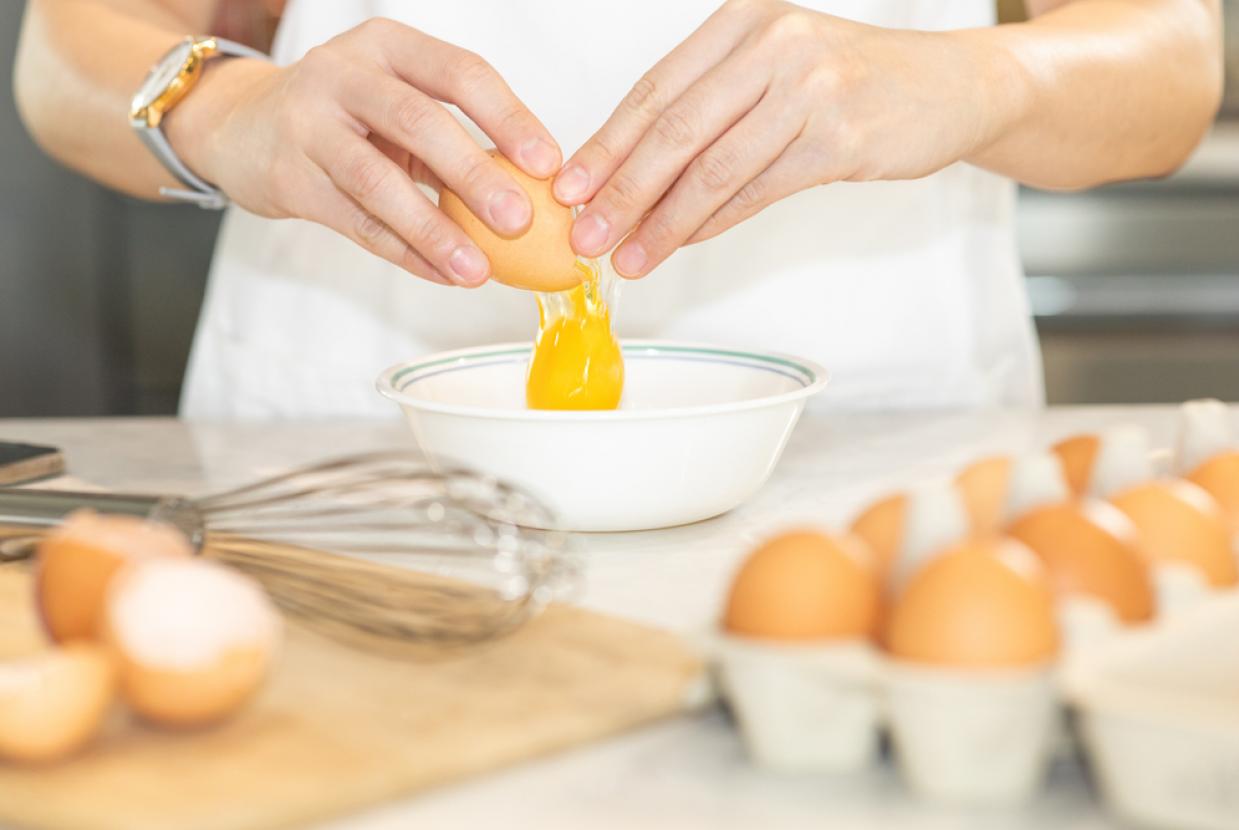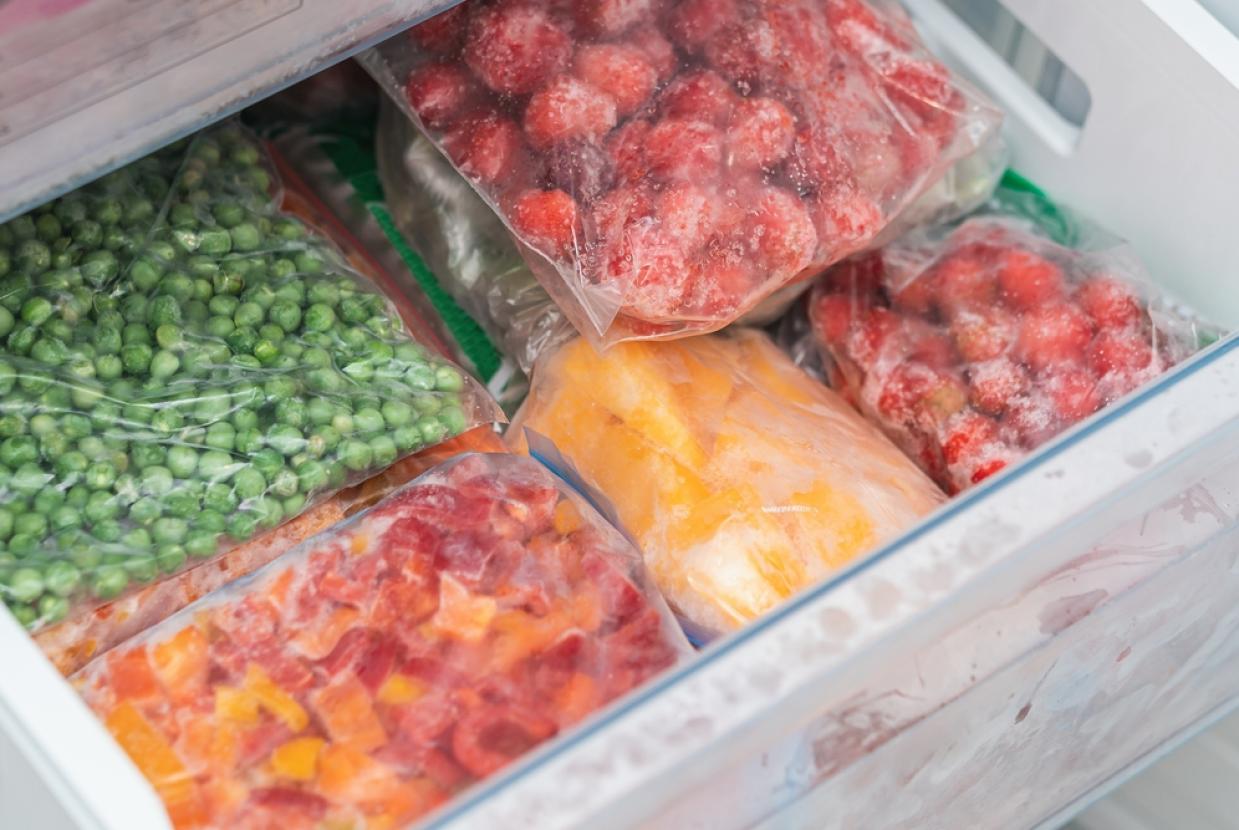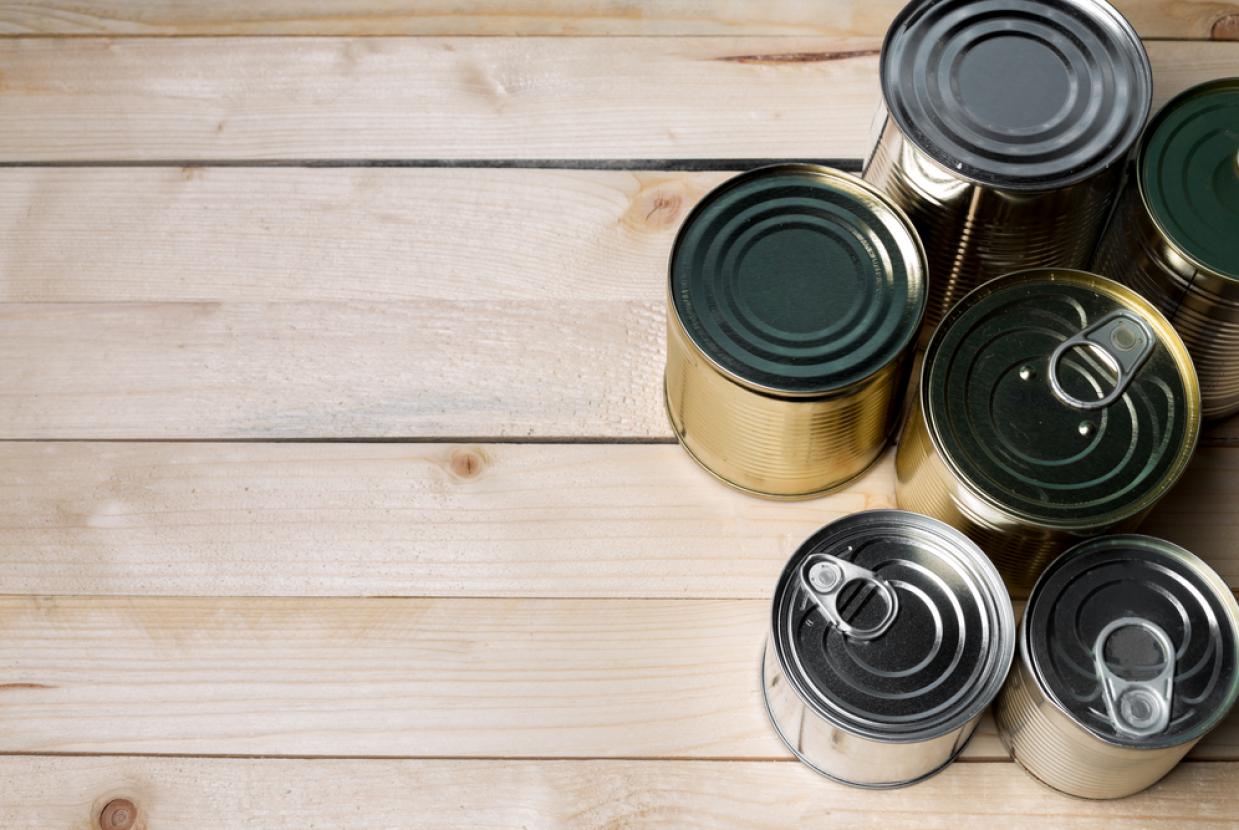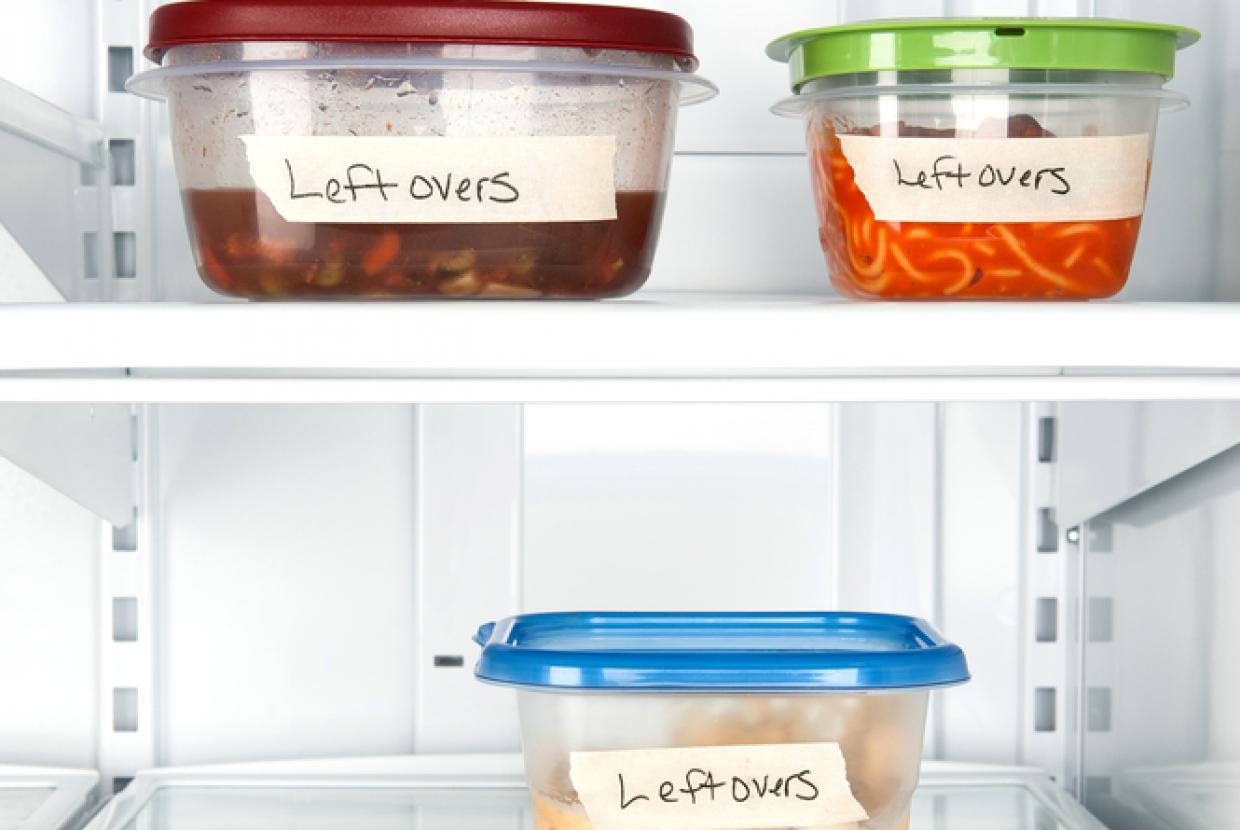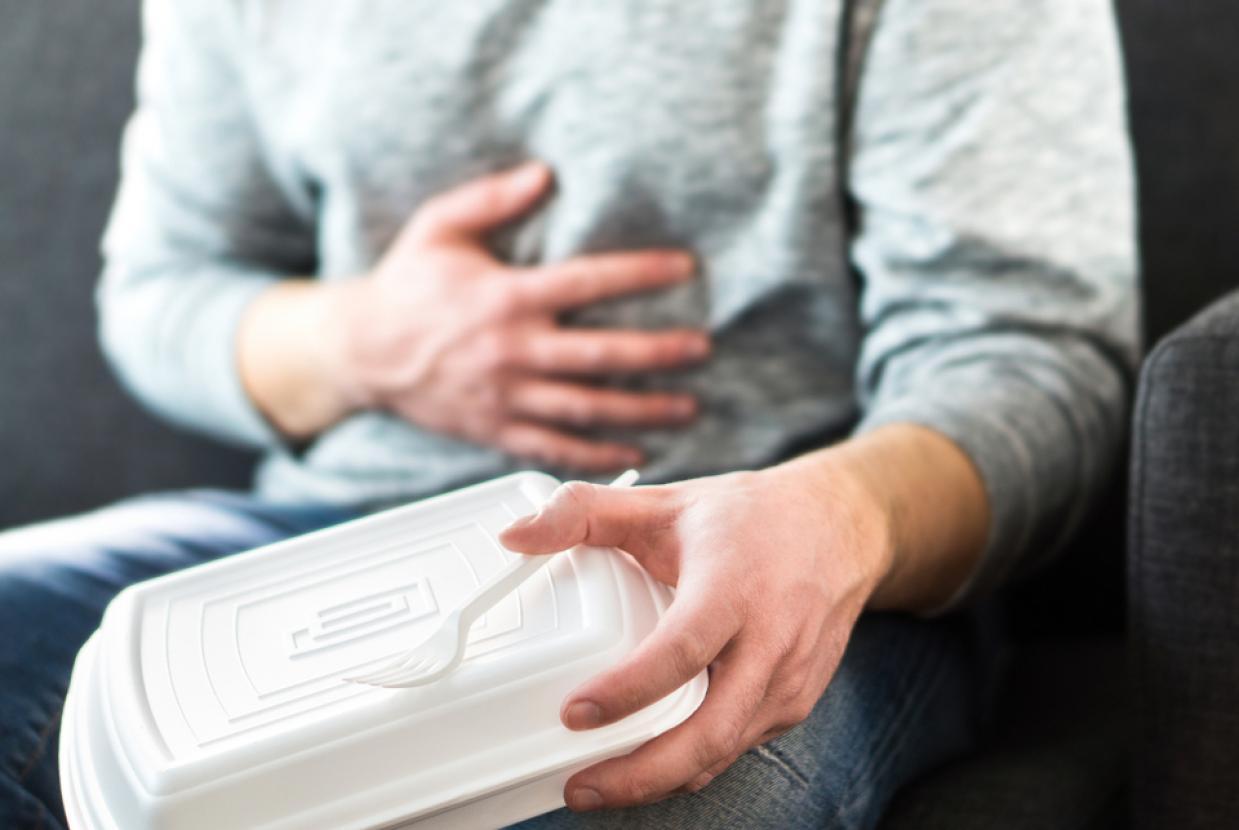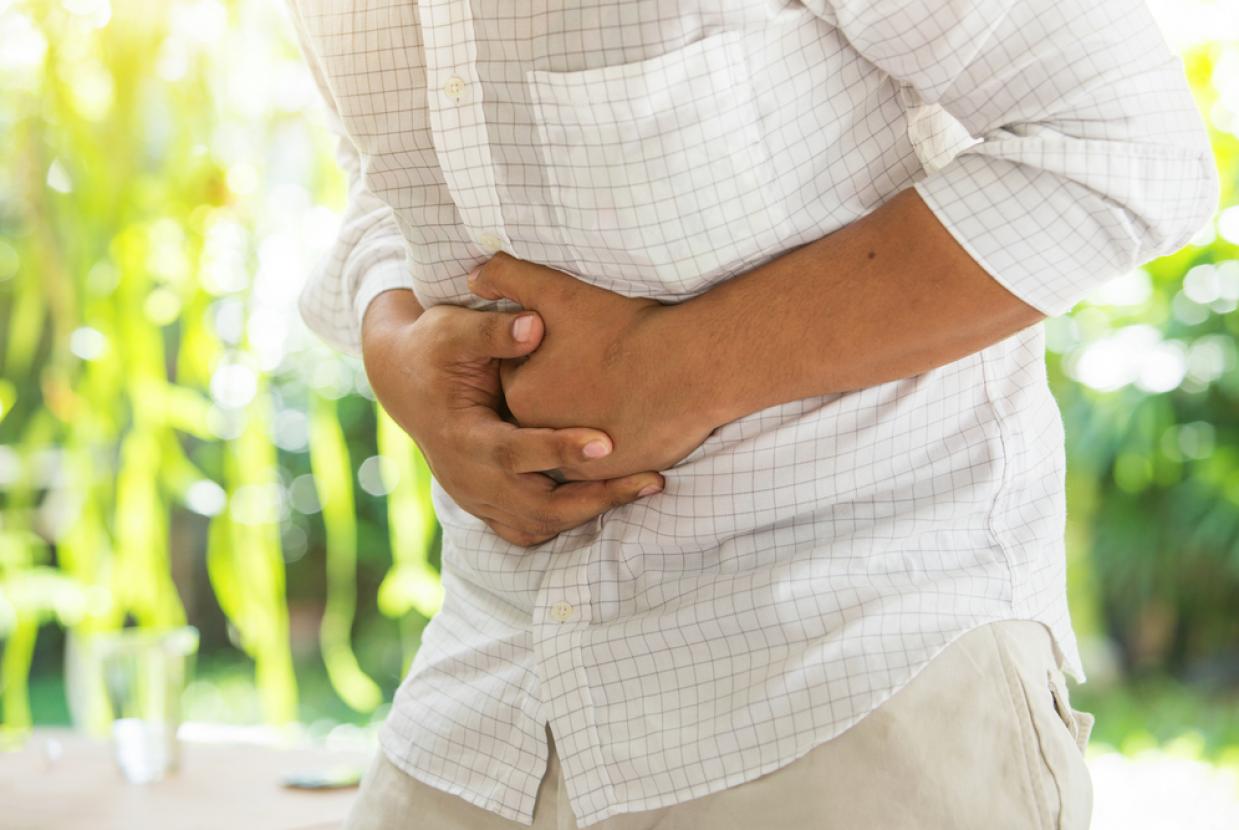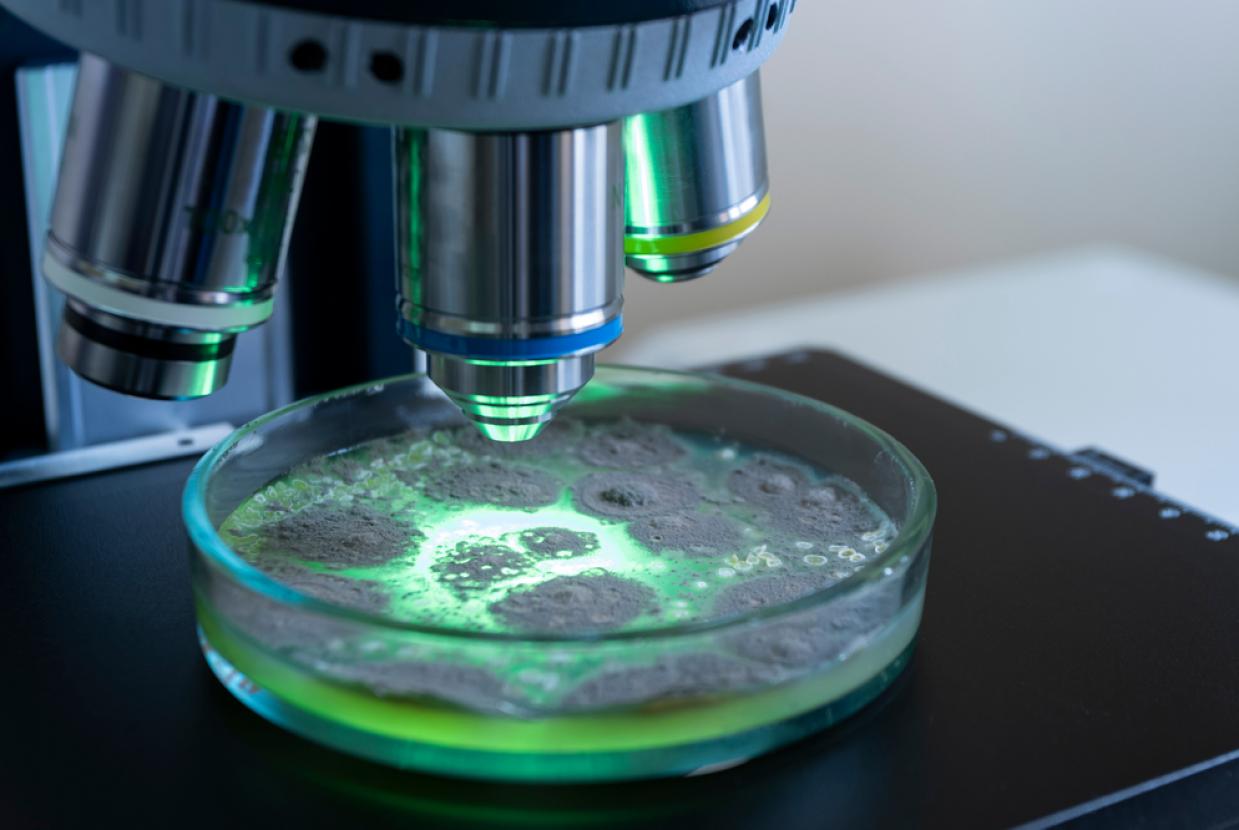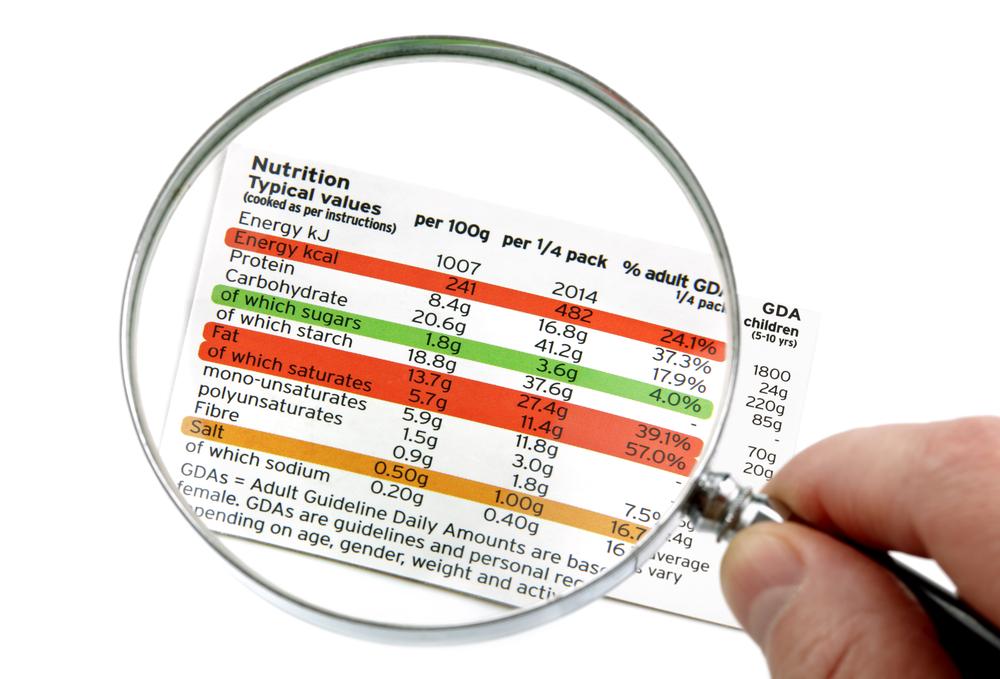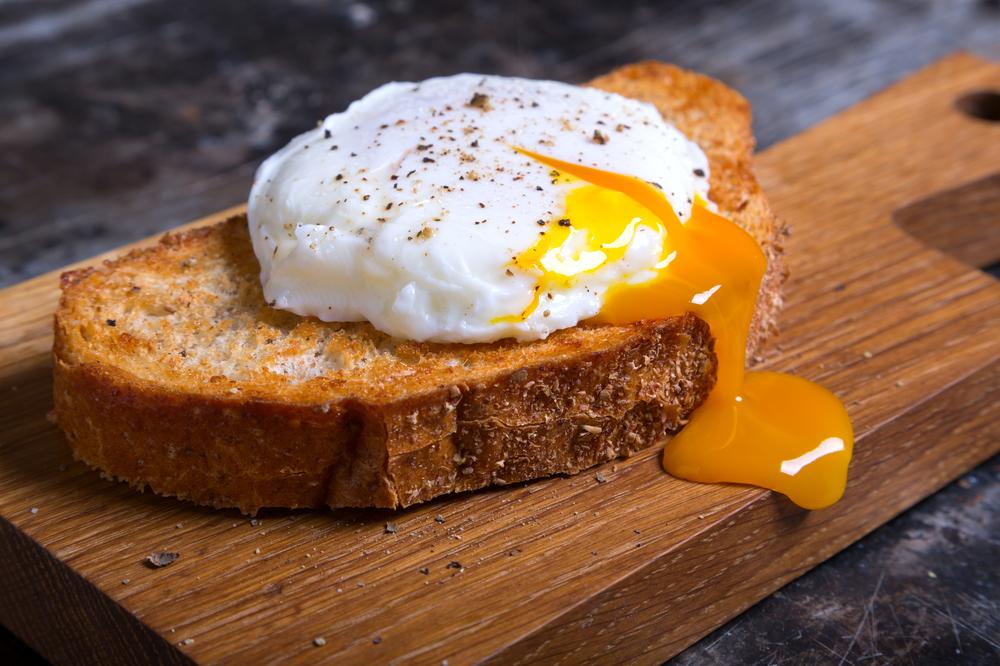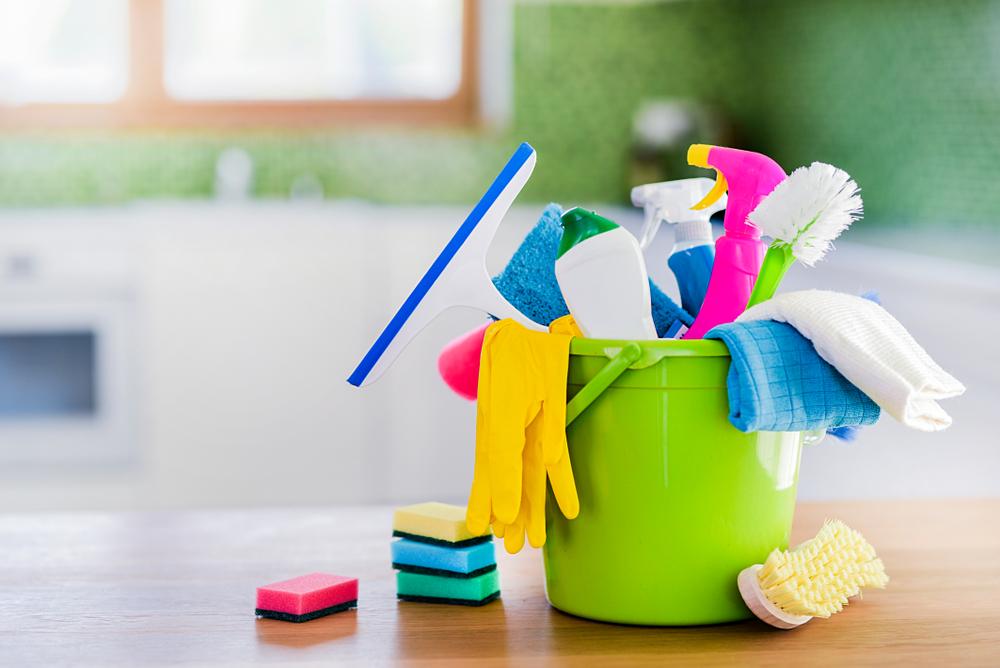How To Prevent Germs From Spreading
Germs can be spread from person to person or by touching unclean equipment or surfaces. To stop the spread of germs, focus your efforts on cleaning areas in the house where germs are more likely to spread, such as the kitchen and toilet. Use either soap and hot water to rinse the germs away, or a disinfectant to kill them.
Make sure you dry surfaces such as worktops and chopping boards thoroughly after cleaning. Dampness helps any remaining germs to survive and, if there's enough water, multiply.
You should clean germ hotspots on a regular basis after use, rather than the customary once-a-week deep clean. Cleaning aids, such as cloths or mops, must be germ-free or they'll spread germs to other surfaces. Here are some general cleaning tips to help prevent the spread of germs in your home:
Cloths and sponges
- use disposable cloths or paper towels when possible
- reusable cloths should be disinfected or washed at 60C (140F) after each use
Washing-up brushes
- wash brushes in a dishwasher regularly or clean with detergent and warm water after each use
Mops and buckets
- use two buckets for mopping – one for detergent and the other for rinsing
- mops and buckets should be cleaned and dried after each use
Toilets
- keep the U-bend and toilet bowl clean by flushing after each use
- use a toilet cleaner and brush every few days
- limescale should be regularly removed using a descaling product
- keep the toilet seat, handle and rim clean by using a disinfectant
Baths and sinks
- clean baths and sinks frequently, if they're used regularly
- use disinfectant if they've been used by someone who's ill
Showers
- clean shower trays frequently, if used regularly
- if a shower hasn't been used for a while, let it run with hot water before using it
Tiles and shower curtains
- keep tiles and grout in good condition
- clean shower curtains frequently
Kitchen
- ensure food-preparation surfaces are clean before use
- use separate chopping boards for uncooked food – such as raw meat – and food that doesn't need cooking, like salad leaves
- wash and dry your hands after handling foods such as raw meat
- clean surfaces immediately after use
Floors
- clean floors regularly with warm water and detergent to remove visible dirt
- if soiled with vomit, urine or poo, the floor should be cleaned using a disposable cloth and warm water, then disinfected – make sure the floor is dry before allowing children on it
Carpet and soft furnishings
- steam cleaning is effective against germs on carpets and furnishings
- curtains can be cleaned by laundering or disinfected by steam cleaning
Pets and other animals
- keep pet food separate from human food
- always wash your hands after touching animals and their food, toys, cages and litter trays
- dishes, utensils and tin openers used for pet food should be stored separately
Toys
- clean hard or plastic toys by washing them and putting them away once they're clean and dry
- some soft toys can be cleaned in the washing machine
Laundry
- wash your hands after handling dirty laundry
- all underwear, towels and household linen should be washed at 60C (140F) or at 40C (104F) with a bleach-based laundry product to prevent germs from spreading
- don't leave laundry in the washing machine – any remaining germs can multiply rapidly
Waste disposal
- foot-operated bins are more hygienic because they reduce the risk of getting germs onto your hands from touching the bin lid
- always wash your hands after handling waste material
- throw rubbish away carefully to avoid attracting vermin and insects.


